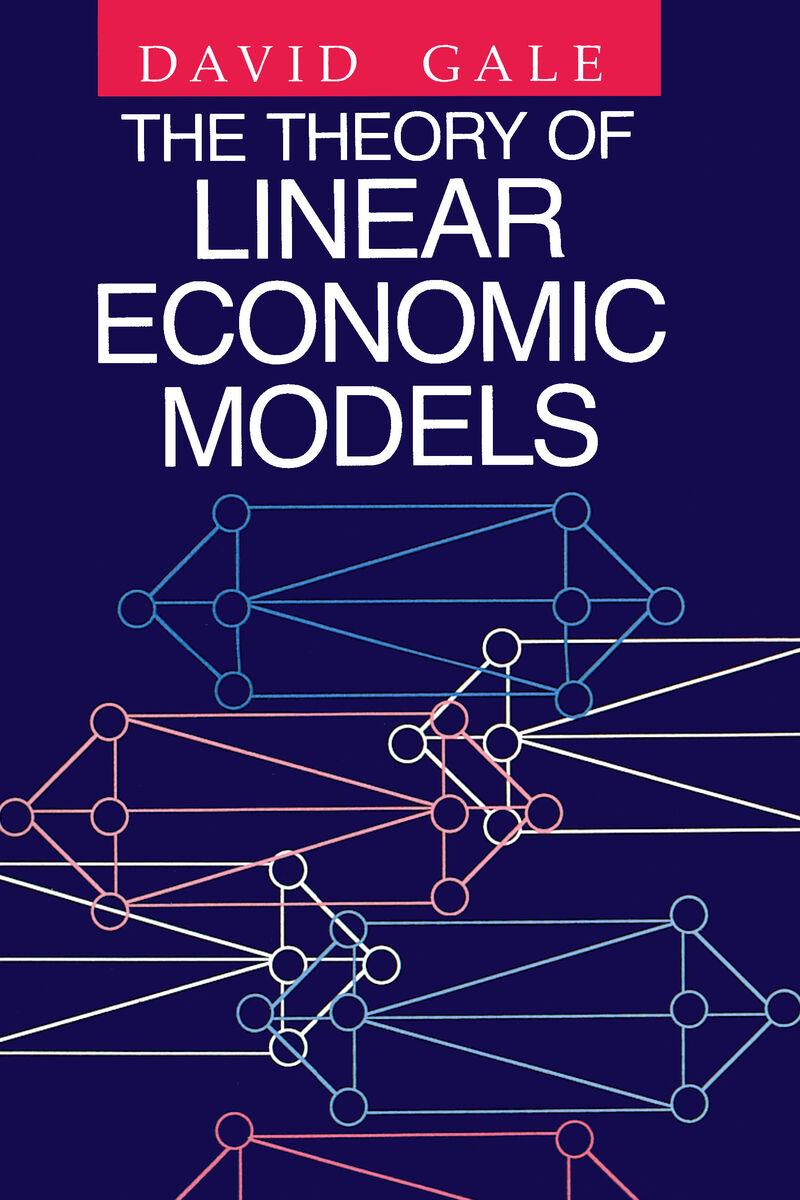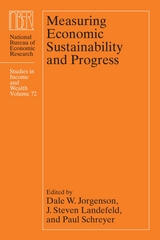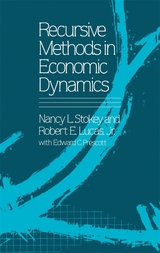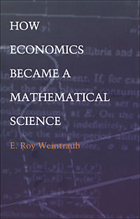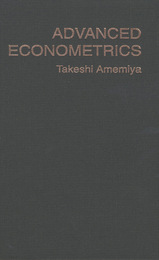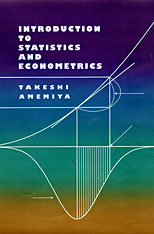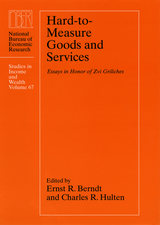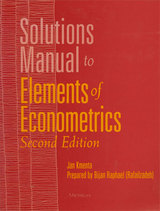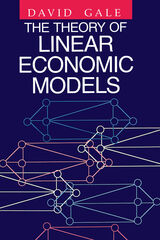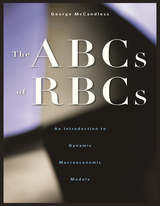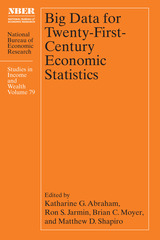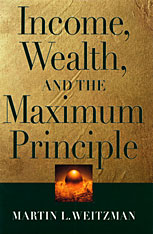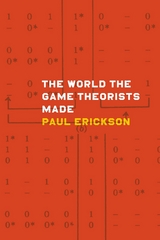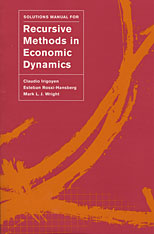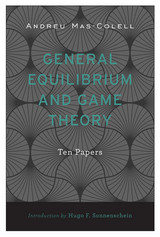The Theory of Linear Economic Models
University of Chicago Press, 1989
Paper: 978-0-226-27884-1
Library of Congress Classification HB141.G326 1989
Dewey Decimal Classification 330.028
Paper: 978-0-226-27884-1
Library of Congress Classification HB141.G326 1989
Dewey Decimal Classification 330.028
ABOUT THIS BOOK | AUTHOR BIOGRAPHY | TOC | REQUEST ACCESSIBLE FILE
ABOUT THIS BOOK
In the past few decades, methods of linear algebra have become central to economic analysis, replacing older tools such as the calculus. David Gale has provided the first complete and lucid treatment of important topics in mathematical economics which can be analyzed by linear models. This self-contained work requires few mathematical prerequisites and provides all necessary groundwork in the first few chapters. After introducing basic geometric concepts of vectors and vector spaces, Gale proceeds to give the main theorems on linear inequalities—theorems underpinning the theory of games, linear programming, and the Neumann model of growth. He then explores such subjects as linear programming; the theory of two-person games; static and dynamic theories of linear exchange models, including problems of equilibrium prices and dynamic stability; and methods of play, optimal strategies, and solutions of matrix games. This book should prove an invaluable reference source and text for mathematicians, engineers, economists, and those in many related areas.
See other books on: Business & Economics | Econometric models | Economics | Theory
See other titles from University of Chicago Press
